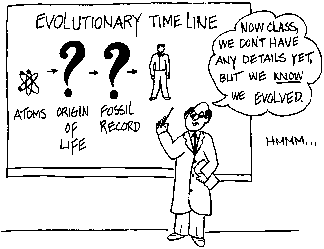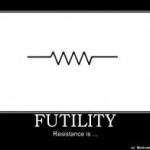Bible.org has published a cogent paper concerning Genesis 1-2 in its original context. The overarching idea is that if the Torah was written by Moses, who was educated in the courts of Egypt, the use of Egyptian ideas in the Genesis creation account should be expected. Understood in its historical context, Genesis 1 is not a scientific explanation for how God created but rather a theological corrective of the Egyptian account that the Israelites fleeing Egyptian bondage had been indoctrinated with. God used the prescientific Egyptian understanding the Israelites already had as a framework to correct the polytheistic theology. Thus, because the meaning of the text is what the original author intended for his original readers, it is an egregious error to impose modern scientific reasoning, that was utterly alien to the ancient context, onto Moses and his inspired writing. This renders the arguments about the age of the earth and whatnot unnecessary and misguided.
Genesis 1-2 In Light Of Ancient Egyptian Creation Myths
The author/redactor(s) of the Genesis creation accounts share certain concepts of the makeup of the world with other ancient Near Eastern cultures. However, it is especially with Egypt’s worldview that the author/redactor(s) are familiar. Evidence for this lies in the many allusions to Egyptian creation motifs throughout the Genesis creation accounts. But, rather than being a case of direct borrowing, they demythologize the Egyptian concepts and form a polemic against the Egyptian gods. Thus, they elevate Yahweh-Elohim as the one true God, who is transcendent and who is all powerful. He speaks his desire and it comes to pass. He does not require the assistance of other gods to perform the acts of creation. He alone possesses the power and means necessary to effect the creation of the world.
https://bible.org/article/genesis-1-2-light-ancient-egyptian-creation-myths#P107_27442






